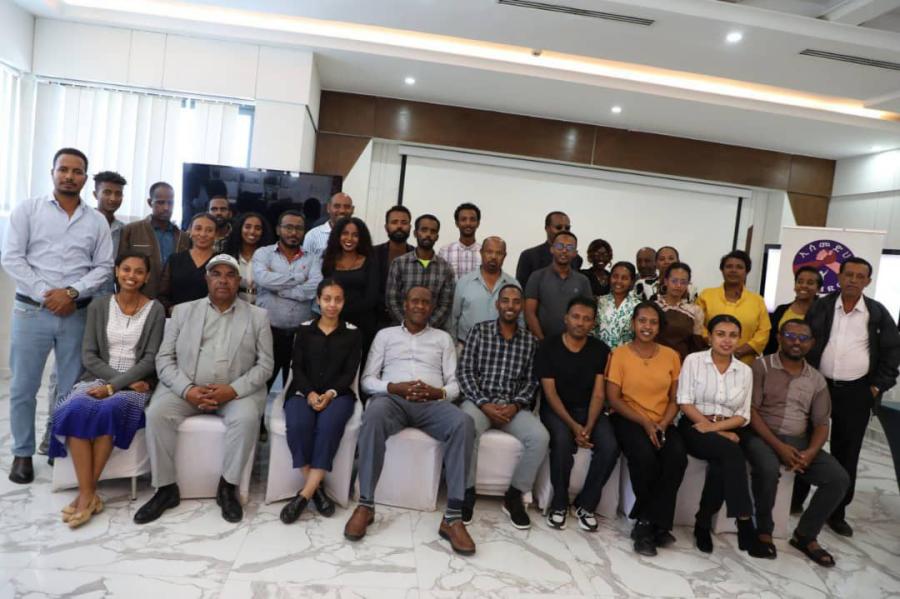On September 22nd, Ethiopia’s new prime minister Hailemariam Desalegn was sworn into office, one month after the death of former prime minister Meles Zenawi, who had ruled the country for over two decades. Hailemariam, a close ally of Meles as deputy prime minister and foreign minister since 2010, pledged to continue in the footsteps of his predecessor.
Meles worked closely of the US on anti-terrorism iniciatives in the African horn, and his administration received over $800 in American aid each year. Yet Ethiopia is widely considered one of Africa’s most repressive governments, According to the New York Times. Meles was been criticized by rights groups for a crackdown on basic freedoms, and was the mastermind behind the opening of Ethiopia’s land for investment by foreign companies, coming hand in hand with the forced and violent eviction of Indigenous peoples from their ancestral lands especially in Gambella, a south west province.
In his acceptance speech Hailemariam appeared to address concerns by human rights groups: "We will reinforce democracy and human rights in the country. If there are problems, we will fix it," he declared. "We will work with human rights organizations, the national elections board and some opposition parties."
However, an emerging Indigenous political party lacks faith in the new administration, stating in a press release on September 26th, “The majority Ethiopians who are oppressed should not expect any positive change to quell their causes under the new PM administration.” The Southwestern Ethiopia Nilotic-Omotic Peoples Independent Movement identifies its base from the 27 Indigenous tribes of the southwestern region.
“Even though the southwestern regions of Ethiopia is highly endowed with rich natural resources, the indigenous Nilotes remain the most deprived and impoverished peoples in the land. They are increasingly marginalized and as a consequence the people are getting poorer with no secure future to live as dignified humans in their ancestral lands,” the release continues. “SENPIM therefore, addresses the fundamental historical injustices, land grabs, recurring mass killings, the increasing human right abuses and the extinction measures facing the indigenous populations in the Ethiopia.”
[[{"type":"media","view_mode":"full","fid":"60569","attributes":{"alt":"","class":"media-image","height":"280","width":"800"}}]]
Indeed, the Anuak, a group of the Indigenous Peoples from the southwestern area recently submitted a complaint to the World Bank Inspection Panel implicating the World Bank financing as directly contributing to the government sponsored program of forced villagization that evicted the Anuak and other Indigenous peoples form their ancestral land in Gambella to make room for land concessions to foreign investors Karaturi Global.
While Meles’ government claimed villagization a voluntary process, individuals report instances of violence such as rape, torture in military custody and extra-judicial killing.
The World Bank’s Protection of Basic Services Project has provided $1.4 billion in budget support for basic services to the government of Ethiopia since 2006.
SENPIM calls for all donors to suspend their donations to Ethiopia: “To stop the huge human right abuses, mass killings, imprisonment, tortures poisonings, and the displacement of the oppressed. Donors should choose which path to offer their donations.”
Cultural Survival launched a campaign to urge donor countries to stop human rights abuses against Indigenous Peoples of Gambella. See our campaign and take action:
[[{"type":"media","view_mode":"full","fid":"61182","attributes":{"alt":"","class":"media-image media-image-left","height":"600","style":"width: 100px; height: 100px; float: left; ","width":"600"}}]]Ethiopia: Stop Land Grabbing and Restore Indigenous Peoples' Lands

